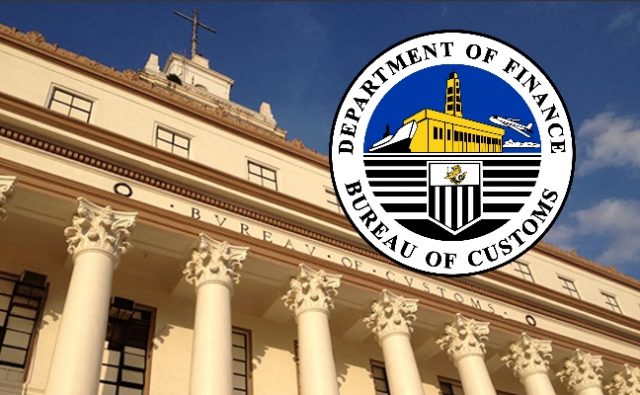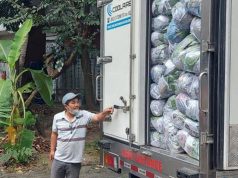The Samahang Industriya ng Agrikultura (SINAG) at the weekend urged the Bureau of Customs (BoC) to run after syndicates preying on unsuspecting Customs Bonded Warehouses (CBWs) as cover for smuggling.
SINAG made the call as it supported Sen. Panfilo Lacson’s filing of the first economic sabotage case against erring customs officials for alleged involvement in rice smuggling.
In a statement, SINAG chair Rosendo So said smuggling continues to flourish because those who benefit from the illegal trade have never been punished: “Those who allow smuggling to prosper do not get punished despite new laws to combat the illicit trade of agricultural products and several changes in the BoC leadership,” he stressed.
The multi agri-group urged customs chief Isidro Lapeña to look into the new modus of smugglers who are allegedly preying on unsuspecting CBW owners.
SINAG said it has received reports that “players” (smugglers) are allegedly coopting CBW warehousemen and security personnel to allow the use of their CBW as consignees for smuggled items without the knowledge of their principals.
CBWs are facilities established for the manufacture of products utilizing raw materials or components that are imported duty and tax-free conditioned on the exportation of the finished products within a prescribed period.
Last week, Sen. Lacson charged former Customs chief Nicanor Faeldon with graft and economic sabotage for allegedly sanctioning the entry of smuggled rice in Cagayan De Oro.
“The anti-agricultural smuggling law (RA 10845) has been in place since last year yet, no cases have been filed against smugglers and their cohorts in government, until this filing of Senator Lacson,” So said.
“We hope that with this landmark case, smugglers and their accomplices or handlers in government would think twice. Under RA 10845, smuggling of agricultural commodity is a non-bailable offense, imposes heavier penalties and perpetually disqualifies erring public officials from holding another government position,” So added.
He lamented that several seizures of smuggled rice, onion, garlic and sugar were reported since the advent of the new government last year but not a single case was filed against these smugglers. “And, instead we have received reports of using the CBWs as a new modus in smuggling agricultural commodities.”
In the last five years, SINAG research suggests that close to Php200 billion worth of agricultural goods were smuggled into the country.
Since last year, SINAG has been pushing the Bureau of Internal Revenue (BIR) to review importers applying for accreditation since the agency has updated sales records and equity of importers who have been operating for at least two years.
Only those with legitimate financial standing in the last two years should be accredited as importers.
Smugglers are not legitimate importers.
SINAG says the fight against smuggling seeks to prevent the further erosion of Filipino farmers’ livelihoods. “Smuggling of agricultural products endangers the survival of the agriculture industry which is the very fiber of our society,” the group stressed.
Smuggling, according to SINAG, also exposes the country to unsafe and high risk agriculture and food products as smuggled goods do not pass quarantine and food safety inspection.










